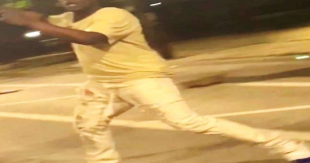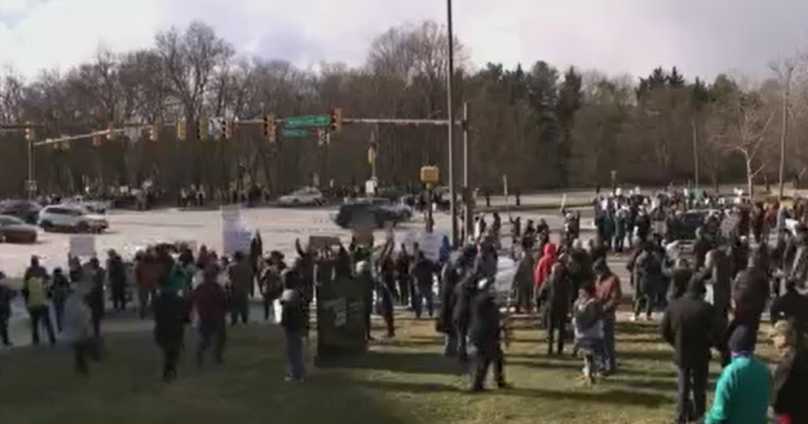Illinois Supreme Court to rule on law ending cash bail next week
CHICAGO (CBS) -- After four months of deliberations, the Illinois Supreme Court is expected to rule next week on a state law eliminating cash bail.
A provision of the criminal justice reform law known as the SAFE-T Act was supposed to eliminate the use of cash bail across the state on Jan. 1, meaning judges could no longer require people charged with a crime to pay a specific amount of money to leave jail while they awaited trial. Instead, judges would only have been allowed to keep someone in jail if they deemed them a threat to public safety, or likely to flee the jurisdiction.
But that provision of the SAFE-T Act was put on hold after prosecutors in 64 counties filed lawsuits claiming the law was unconstitutional, and a Kankakee County judge ruled in their favor.
The Illinois Supreme Court heard arguments from both supporters and opponents in March, and on Friday the clerk's office announced the court's opinion will be filed on Tuesday morning.
Critics of the current cash bail system say it unfairly punishes poor defendants, often forcing them to spend months or years in jail before they go on trial, even if they are not a danger to the public.
During oral arguments in March, Illinois Deputy Solicitor General Alex Hemmer argued on behalf of the state, saying the bail clause in the Illinois Constitution grants defendants the right to seek pretrial release – while not requiring the state to maintain monetary bail or any other kind of rules governing how pretrial release is carried out.
Hemmer also argued the Illinois General Assembly has the right to regulate pretrial procedures – and are not constrained by the state Constitution from doing so.
But numerous county state's attorneys spoke against the SAFE-T Act. Kankakee State's Attorney Jim Rowe said matters of bail reform belong on the ballot for a vote of the people – as already happened in New Jersey and New Mexico.
He said the Illinois General Assembly passed legislation that conflicts with the Constitution – which would require a popular vote on a matter such as abolition of cash bail.
"They literally tried to drive the reform by following 764 pages of directions at 4 a.m., in the middle of the night, in the dark, with an hour to get there," he said.
Special Assistant State's Attorney Alan Spellberg, representing Will County State's Attorney James Glasgow, also argued that the pretrial release provisions of the SAFE-T Act "unduly interfere with the judiciary's authority to set bail."
Just hours before the end to cash bail in Illinois was set to begin, the high court stepped in on Dec. 31, just days after a Kankakee County judge ruled the no-cash-bail provision of the law is unconstitutional.
The ruling by 21st Judicial Circuit Chief Judge Thomas Cunnington in late December found that the pretrial release portions of the SAFE-T Act violate the separation of powers clause of the Illinois Constitution, and would not take effect in 65 counties that had sued to block the abolishment of cash bail. Other provisions of the law, including body camera requirements for police departments, and new police training mandates, went into effect as planned on Jan. 1.
After the state appealed that ruling, the Illinois Supreme Court put the end to cash bail on hold statewide, to ensure consistent bail practices throughout the state while they considered the law's constitutionality.








